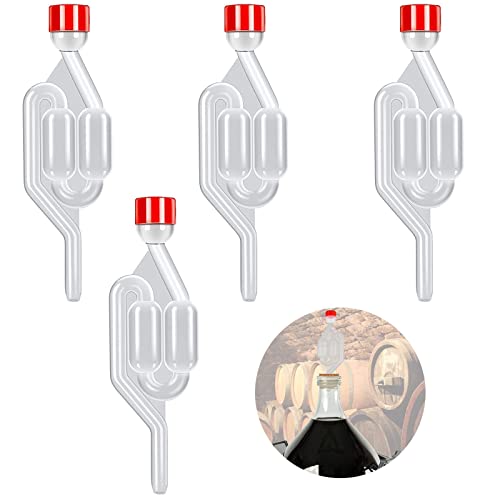No matter what I brew kits or all grain my stouts and porters seem to stop at about 1.020.
Only have a issue with stouts.
I seem to get this too, not every time but often with dark beers.
I also have similar problems, not just with stouts but - to some extent - all dark beers.
What yeast(s) are you happy with that'll ferment out dark beers?
Let me ask all of you, what FG are you expecting from a Stout or other dark beer, and why?I have encountered a similar problem but I think only with imp stouts. Not sure I have ever hit the target gravity and quite a few have appeared stuck.
@foxy is absolutely correct that things like recipe, mash temp etc etc etc can all have an impact.
BUT - let me tell you my working theory:
Brewer's Friend for sure (and maybe other calculators, don't know, haven't tried) seems to massively over estimates the fermentability of your dark grains, and hence predicts a lower FG than you'll actually get.
Note I've sussed this out it is repeatable and predictable for all my dark beers such as Porter and Stout.
(I mash all my beers at 67degC yet I only see this behaviour in dark beers - so it's clearly not driven by mash temperature)
The effect will be all the worse and more noticeable if you're making lower strength beers as I do, because the proportion of highly fermentable pale malts (base malt, and stuff like Vienna and Munich) will be lower.
If you want to know how to work around this behaviour in your brewing software, and get a better idea of what FG to expect in reality, I posted something here just the other day.





 ... as long as the abv is in the ball park you're expecting!
... as long as the abv is in the ball park you're expecting!![BREWING THERMOMETER STICKERS ACCURATELY MONITOR FERMENTING BEER & WINE LIQUID TEMPERATURES 5PCS HOME BREW SPIRITS WINE LCD ADHESIVE [US]](https://m.media-amazon.com/images/I/311DDjo2X3L._SL500_.jpg)





































